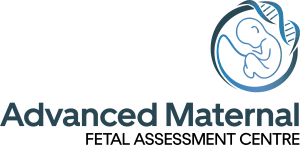What is the Cardiac Scan?
The cardiac scan, also known as a fetal echocardiogram or fetal cardiac ultrasound, is a specialized examination that focuses specifically on the baby’s heart during pregnancy. It is a crucial screening test to evaluate the structure and function of the fetal heart and detect any potential cardiac abnormalities or heart defects.
The cardiac scan is usually performed between 18 to 24 weeks of gestation, although it can be done earlier in certain cases. It is typically recommended for pregnancies with a higher risk of congenital heart defects or if other prenatal screening tests have indicated the need for further evaluation of the baby’s heart.
During the scan, a skilled sonographer or a fetal medicine specialist will use ultrasound technology to obtain detailed images of the baby’s heart. They will examine the heart’s chambers, valves, and blood vessels to assess their structure, size, and function. The scan allows for a comprehensive evaluation of the fetal heart, including the detection of any potential abnormalities or malformations.
The cardiac scan helps in diagnosing various types of congenital heart defects, such as ventricular septal defects, atrial septal defects, tetralogy of Fallot, transposition of the great arteries, and many others. Early detection and diagnosis of these conditions are essential for appropriate management and planning of the baby’s care after birth.
It’s important to note that the cardiac scan is a specialized examination performed by trained professionals using ultrasound technology. It is generally safe and non-invasive for both the mother and the baby. In some cases, if a cardiac abnormality is suspected or detected, further consultations with pediatric cardiologists or additional diagnostic tests may be recommended for a more accurate diagnosis and appropriate treatment planning.
The cardiac scan plays a vital role in the field of fetal medicine by providing valuable information about the baby’s heart health and allowing for early intervention and appropriate care for babies with cardiac abnormalities.

